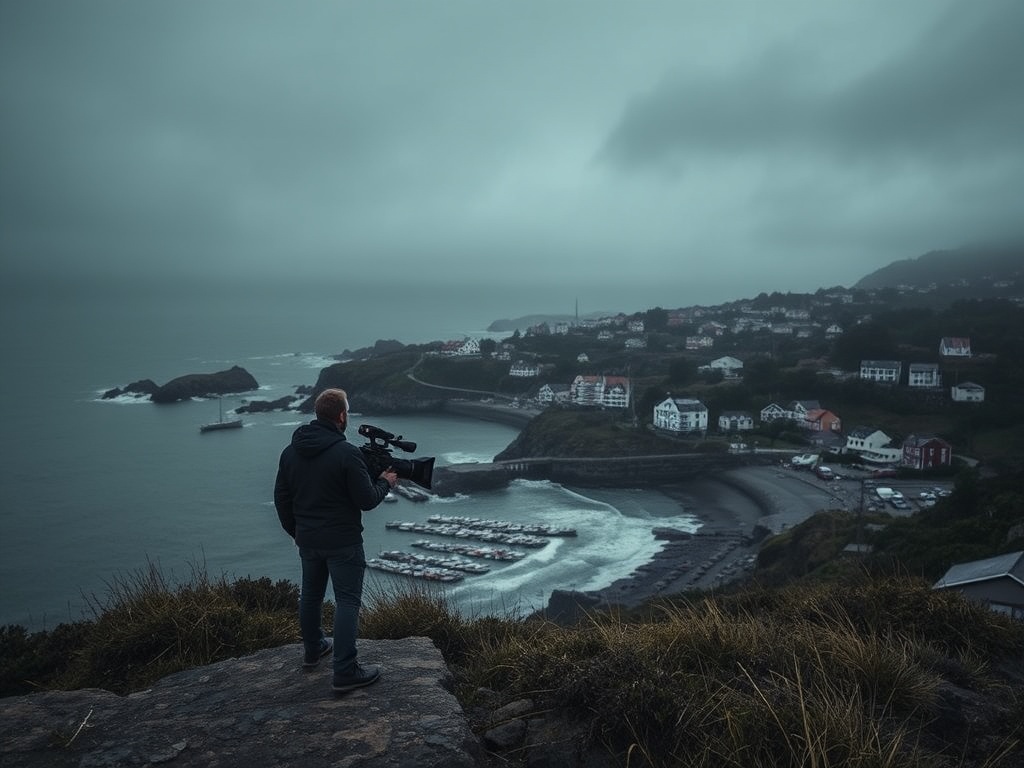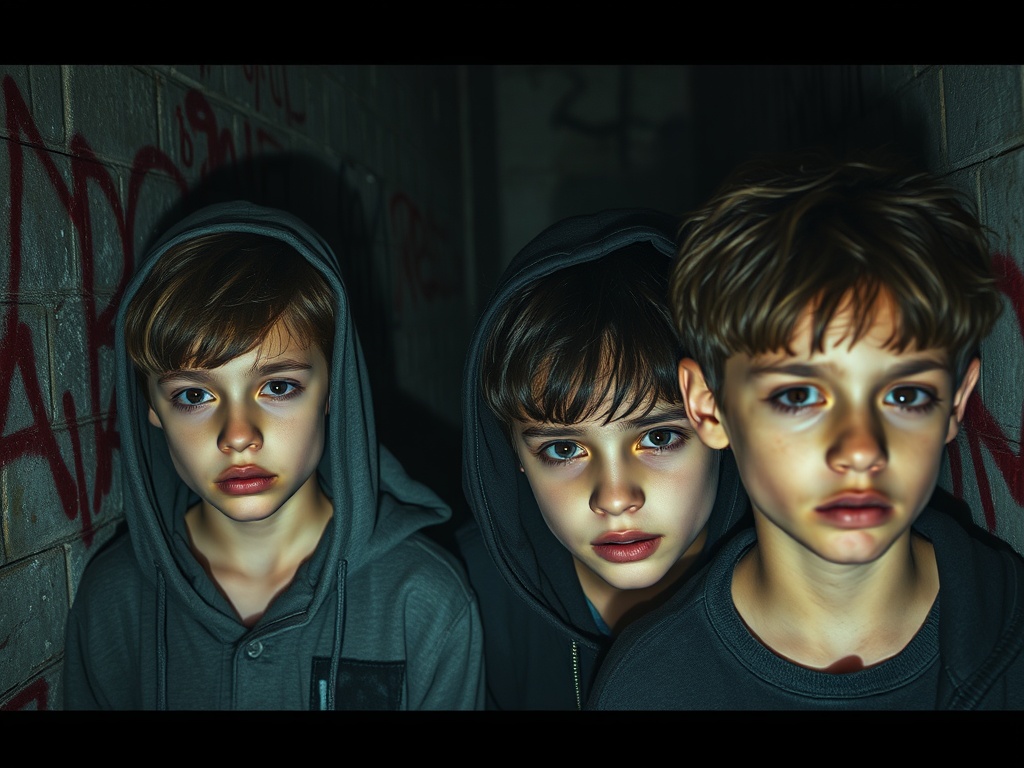The White Lotus: A Rising Challenge for the BBC

A new wave of affluent guests unloading their emotional baggage at The White Lotus hotel could spell trouble for the BBC. With a staggering £30 million budget, exotic filming locations, and an A-list cast, this HBO series exemplifies the kind of prestigious programming that the BBC is struggling to produce in light of a significant funding crisis in drama production.
To add insult to injury, The White Lotus has turned into a talent haven for individuals who initially honed their skills at the BBC. Notably, Leo Woodall, who made his screen debut on Holby City, has leveraged his experience on the show to secure leading roles in various Netflix and Apple dramas, as well as a part in the upcoming Bridget Jones film.
The third season of The White Lotus, currently airing on Sky Atlantic/Now, has quickly become the most buzz-worthy television drama since the finale of Succession. This series is yet another triumph from the Warner Bros. Discovery-owned network, known for its award-winning catalogue that includes classics like The Wire, The Sopranos, and Game of Thrones.
In a bid to retain viewers who might be tempted to switch to Sky, the BBC is launching a week-long celebration titled “EastEnders at 40,” which features an hour-long special episode and a live broadcast. Although EastEnders garners a fraction of the 30 million viewers who once tuned in to watch Dirty Den serve divorce papers to Angie Watts in 1986, it remains a cost-effective method for the BBC to fill its programming schedule with a significant volume of drama content.
The anniversary of the Walford-based soap isn’t just facing competition from The White Lotus; it’s also up against the global launch of Zero Day, a Netflix political thriller featuring Robert De Niro as a retired U.S. President, and A Thousand Blows, a new period crime drama by Peaky Blinders creator Steven Knight, which has found a home on Disney.
Robert De Niro makes his television drama series debut as President George Mullen in Netflix’s Zero Day (Photo: Jojo Whilden/Netflix).
One might wonder why Knight didn’t offer his new series, which explores the world of bare-knuckle boxing in Victorian London, to the BBC. “I adore collaborating with the BBC, and the creative process there is wonderful. But in this instance, we were left to our own devices and provided with a generous budget. What more could one ask for?” Knight explained.
Producers in the UK lament that the BBC can no longer finance large-budget dramas independently. It’s now common for up to 50% of the funding to come from international co-producers. However, outside of U.S. streaming giants with substantial financial resources, co-production funding has also dwindled, leaving the BBC unable to move forward with several projects already in development.
The BBC itself has sounded the alarm. In its testimony to a parliamentary inquiry on British film and high-end television, the corporation recently revealed, “Numerous greenlit BBC productions are currently stuck in funding limbo and are not advancing to production.”
Upcoming BBC Projects
King & Conqueror: This epic eight-part miniseries stars James Norton and Nikolaj Coster-Waldau in a retelling of the Battle of Hastings, showcasing “the story of a clash that defined the future of a nation.”
First Day on Earth: Michaela Coel (I May Destroy You) returns with a gripping new drama where she portrays a British novelist relocating to Ghana, with Jesse Armstrong serving as an executive producer.
Riot Women: Written and created by Sally Wainwright (Happy Valley), Riot Women immerses viewers in the lives of five middle-aged women who unite to form an impromptu punk-rock band.
Lord of the Flies: Jack Thorne’s adaptation of William Golding’s classic novel is set to introduce a cast of young talent making their professional acting debuts, filmed in Malaysia and Australia.
The BBC has attributed its challenges to a freeze on the licence fee, inflation, and a downturn in the global TV sales market, which it cites as “significant and urgent challenges” hindering its ability to produce dramas. Projects that have faced delays include an adaptation of the Booker Prize-winning novel Shuggie Bain.
There have also been reports of difficulties securing funding for Dear England, a series featuring Joseph Fiennes as former England football manager Gareth Southgate. The BBC confirmed that the adaptation of James Graham’s stage play is scheduled to shoot later this year.
Discussions with Downing Street regarding reforms to the licence fee may provide a long-term solution. Viewers might be invited to pay a “premium” fee for early access to high-end drama, although the BBC is opposed to a Netflix-style subscription model. Chancellor Rachel Reeves is being approached to extend tax breaks for high-end drama to attract international investment for UK producers.
Meanwhile, Sky subscribers, accustomed to enjoying HBO’s quality dramas as part of their subscription, may soon need to pay more for The White Lotus. Warner Bros. Discovery is set to launch its own Max streaming service in the UK in 2026, with HBO’s forthcoming $200 million Harry Potter TV series as a flagship attraction.
Looking Ahead
Sky has secured a deal to offer Max, which includes HBO’s extensive content library, for free to its subscribers next year. However, those desiring an ad-free experience may face higher fees.
The BBC continues its collaboration with HBO. Baby Reindeer creator Richard Gadd’s new series Lions will be a co-production between the two networks. “It has always been a dream of mine to collaborate with HBO and be part of their prestigious lineup of shows,” said Gadd, who once binge-watched box sets of The Sopranos.
Lindsay Salt, the BBC’s Director of Drama and a former Netflix executive, stated, “Our creative ambitions remain as high as ever, and we are still committed to producing best-in-class, high-end dramas, which will not change.” She acknowledged the multitude of factors complicating the television market today, adding, “Like all broadcasters, we are therefore facing challenges in securing full financing for shows and getting them into production.”
The BBC pointed to a new series of The Night Manager, its £3 million-per-episode adaptation of John le Carré’s thriller starring Tom Hiddleston, as evidence of its continued capability to back high-quality drama.
However, the “brain drain” of UK drama talent appears poised to persist. Succession writer Jesse Armstrong’s eagerly awaited new project has been announced—a film centered on four friends navigating a global financial crisis. It was promptly acquired by HBO.




